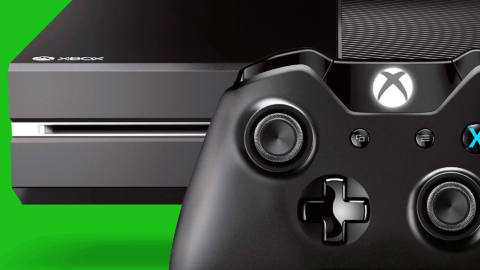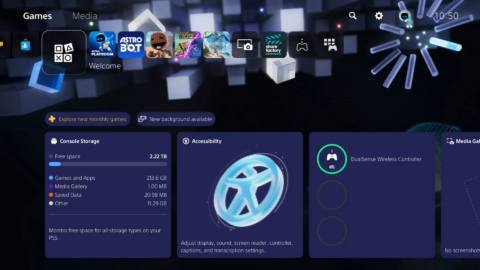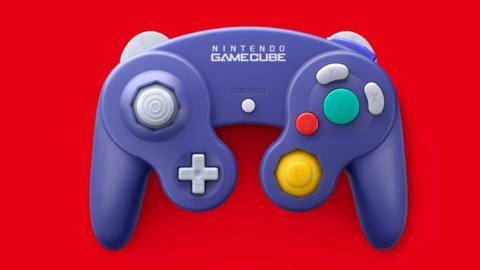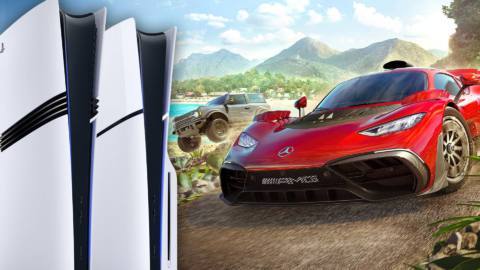
The original Xbox One launched in 2013 as an all-in-one entertainment box with a Kinect sensor, broadcast TV integration and an imposing £429/$499 USD price tag. Its ambitions as a multimedia centre were high – but it came at a cost. Xbox One was underpowered due to a DDR3/ESRAM memory system with less bandwidth overal than the GDDR5-equipped PS4 and substantially lower GPU compute performance. The 2016 launch of Xbox One S was an improvement, not just in terms of form-factor but in performance too, thanks to a GPU ‘overclock’. All of which raises the question: how does the vintage 2013 model perform when challenged with the latest cross-gen games? If Xbox One S is struggling – which it is – does that mean that owners of the OG model get an even less impressive experience? We decided to find out.
First up, let’s refresh ourselves on the differences between the original Xbox One unit, codenamed Durango and its One S successor (known internally as Edmonton). While broadly similar to the original unit, the One S features a higher-clocked GPU, taking the GCN-based design from 853MHz to 914MHz, a 7.1 percent increase in frequency and GPU compute, while memory bandwidth on the integrated ESRAM increases from 204GB/s to 219GB/s. Plus, the new console came with a bevy of new display features owing to its support for the HDMI 2.0 output standard. The GPU improvements here weren’t massive but they gave the performance-starved console a bit more overhead to deal with demanding games.
This new system replaced the original Xbox One for our cross-platform analyses at some point during 2017 and hasn’t been revisited since – and by extension, we have to wonder to what extent the older machine gets full QA support on the developer side in a world where the vast majority of Xbox One machines out there are the newer S model.






